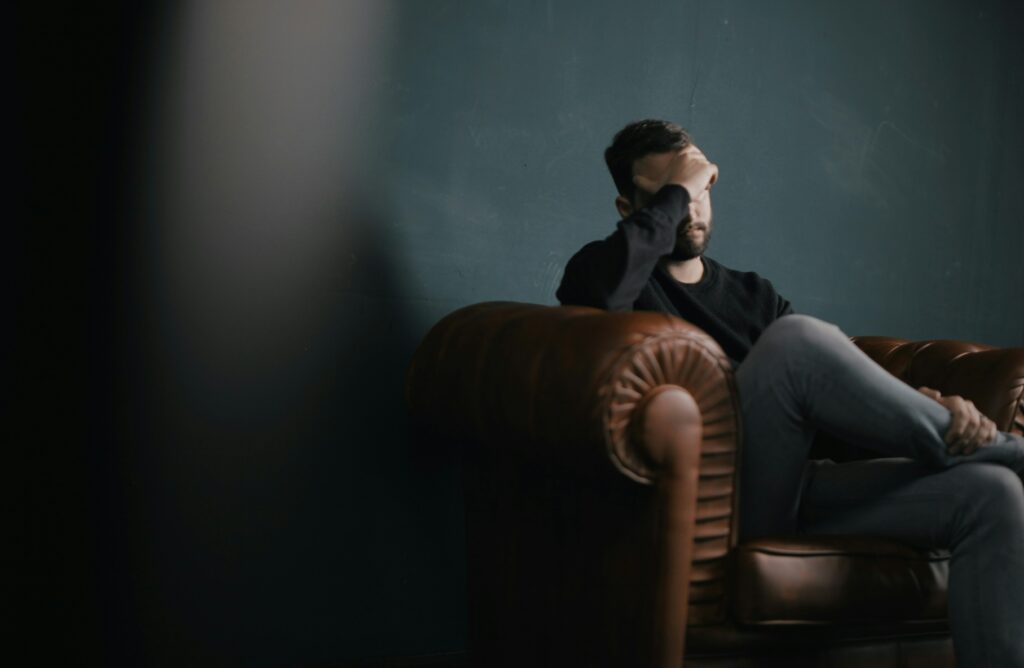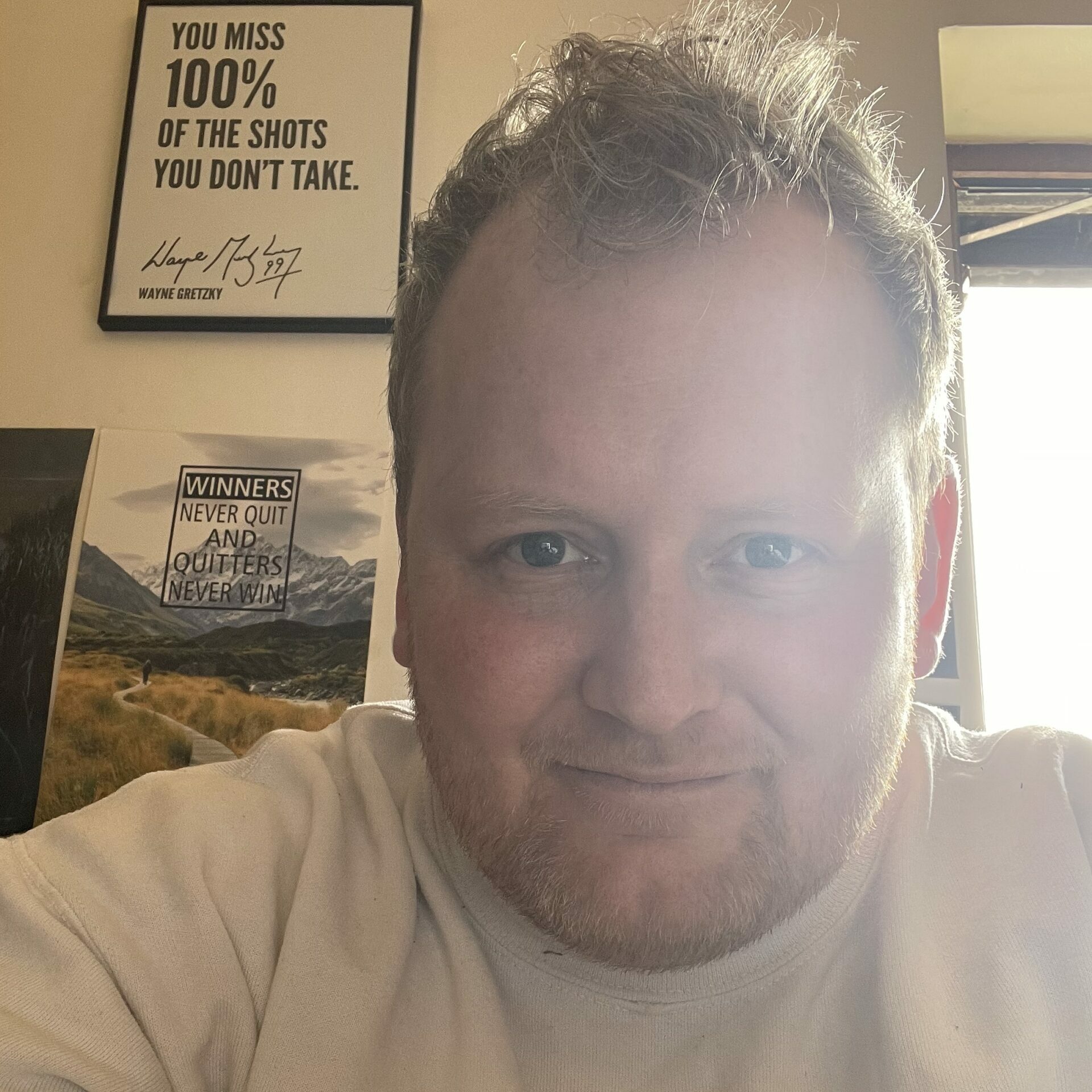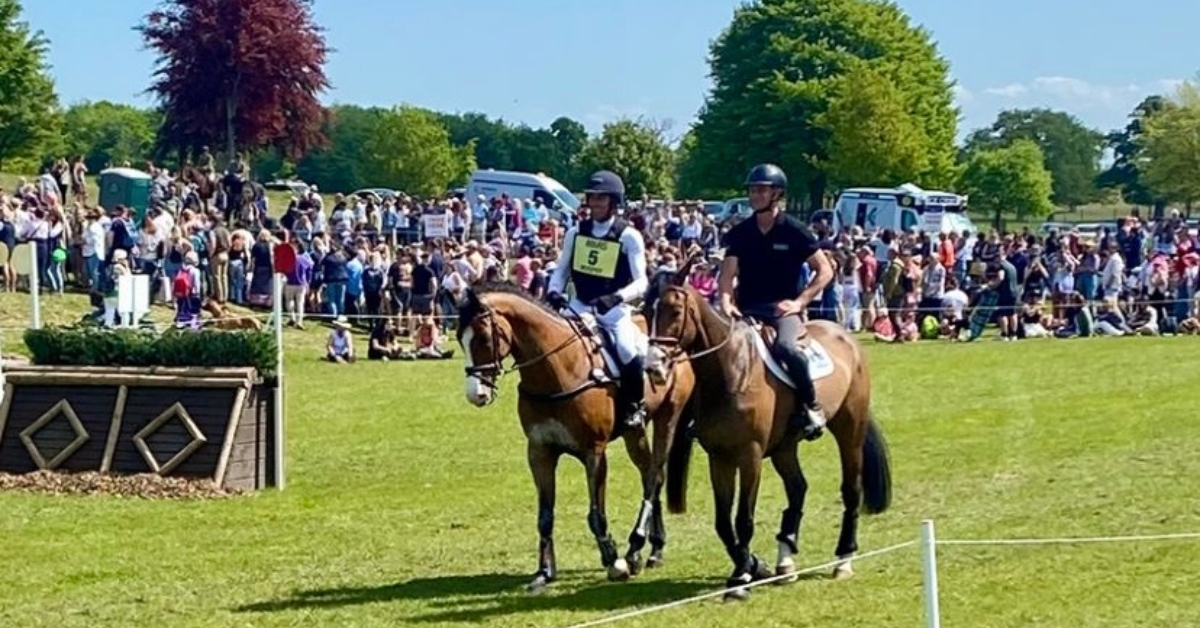The pressures of life can build up, much like steam in a pressure cooker. Tom Stapleton, Managing Director of Soil.ie, aptly compares the human body and mind to this device: “If you have the heating on full blast and don’t turn on the tap to release the pressure, it could blow. The body and mind are the same with the pressures of life. People need their own release valve or outlet. It can be walking, running, horse riding, reading, or painting—whatever the release.”
The importance of having a personal outlet cannot be overstated. Finding ways to release pressure is crucial for mental health. Activities like walking, running, horse riding, reading, or painting serve as effective methods to alleviate stress and maintain mental well-being. These activities provide not only physical benefits but also mental respite, allowing individuals to process emotions and reduce stress.
Shane Rooney, Breeder and Co-Founder of the HAY Campaign, touches on the immense self-expectation men place on themselves: “When talking about men’s mental health, the self-expectation we put on ourselves is huge. Providing a good life for our families, working around the clock to do so, all the while showing no form of weakness, be it mentally or physically. That’s what I, and a lot of males reading this, were brought up on.”
This ingrained mentality of showing no weakness and constantly striving to meet high expectations contributes significantly to mental health issues among men. Rooney highlights the need for a generational shift: “We are in a generational change for the better. A generational change that allows men to be human again. Have that talk, have that cry, or do whatever is necessary to let down the mask you’re wearing.”
I had a Black Dog, his name was Depression:
I asked Shane Duffy the Racehorse Trainer and a close friend of mine for a quote about mental health for this article series and he sent me the video below. “I always thought this was a great understanding” was the message that came with it. Followed by “What people don’t understand is depression isn’t the outside …it’s always the inside”. This really made me think… there is so much about Mental Health, Anxiety and Depression I don’t understand… that at times, I find hard to comprehend. I am trying as I am sure a lot of you are. But we need to be better, we need to do more, we need to support more.
You need to watch this. “I Had a Black Dog” – what an explainer video on depression.
***This needs a trigger warning for anyone suffering at the minute.
The World Health Organisation posted it in 2016 and this was the accompanying text. “Depression is sometimes referred to as the “Black Dog”. Just like a real dog, it needs to be embraced, understood, taught new tricks and ultimately brought to heel. If you are in difficulty, never be afraid to ask for help. There is absolutely no shame in doing so.”
A study referenced from TandFonline reveals startling statistics about mental health issues among trainers and jockeys. The study found that 45% of participants met the threshold indicative of at least one common mental disorder (CMD). Specifically, symptoms associated with depression (41%), adverse alcohol use (38%), psychological distress (26%), and generalized anxiety (18%) were observed. Factors like career dissatisfaction (28%) and financial difficulties (64%) significantly increased the likelihood of trainers meeting the criteria for distress, depression, or generalised anxiety.
Jockeys, often viewed purely for their athletic prowess, are particularly vulnerable. The same study found that a staggering 79% of jockeys surveyed experienced symptoms of CMDs such as depression, anxiety, and substance abuse. These figures highlight the urgent need for mental health support within the equine industry. As I said in Part 1, “We have a huge suicide issue in the equine industry. We are losing too many people we care about. We have to do more, we have to be better, we have to deliver better support for those that need it.”
Addressing men’s mental health involves creating a supportive environment where men feel comfortable sharing their struggles without fear of judgment. It’s about fostering open conversations and encouraging men to seek help when needed. As Thomas Conlon emphasized, “It’s all about reaching out, and that reach is twofold: people need to learn to ask for help, and we also need to learn to reach out to our mates.”
The upcoming Equestrian Mental Health Summit aims to be a catalyst for change, seeking support from the wider community to assist not just men but all equestrians on their mental health journey. This summit represents a significant step towards addressing the mental health challenges in the equine industry and providing the necessary support to those affected.
The silent struggle of men’s mental health in Ireland is a complex issue that demands a comprehensive and compassionate approach. Reducing stigma, improving access to mental health services, and fostering an environment where men feel comfortable sharing their struggles are crucial steps. As John Fitzgerald stated, the challenge lies in achieving a “mental health ‘sharing’ attitude without judgment or fear.”
For those in the equine industry and beyond, it is essential to recognise the pressures and isolation men face and to provide the necessary support and understanding. By doing so, we can hope to reduce the silent suffering and prevent the tragic outcomes associated with mental health issues in men.
This Men’s Mental Health Awareness Month, let’s make a concerted effort to reach out, support, and understand the men around us. In the words of Shane Rooney, “Now, for men’s mental health Month, your time to be human again starts now.”
Part 3 of this article series for Men’s Mental Health Month drops on Friday Morning and includes on a sombre, honest and heartfelt interview with Jim Donohoe. One of my favourite interviews I have ever done. Jim, thank you. What an interview. Over 10,000 views on social media since it published.



Share
Your subscription is 100% Free for our first year, No credit card details required.

The Judging Concerns That Keep Coming Back — And Why They Can’t Be Ignored Anymore We didn’t make it to

There are few sporting events that live up to the hype. Wimbledon? Too many strawberries. Cheltenham? Too many suits. But

British Veterinary Association publishes full response to Competition and Markets Authority’s proposed remedies for veterinary market for household pets. The